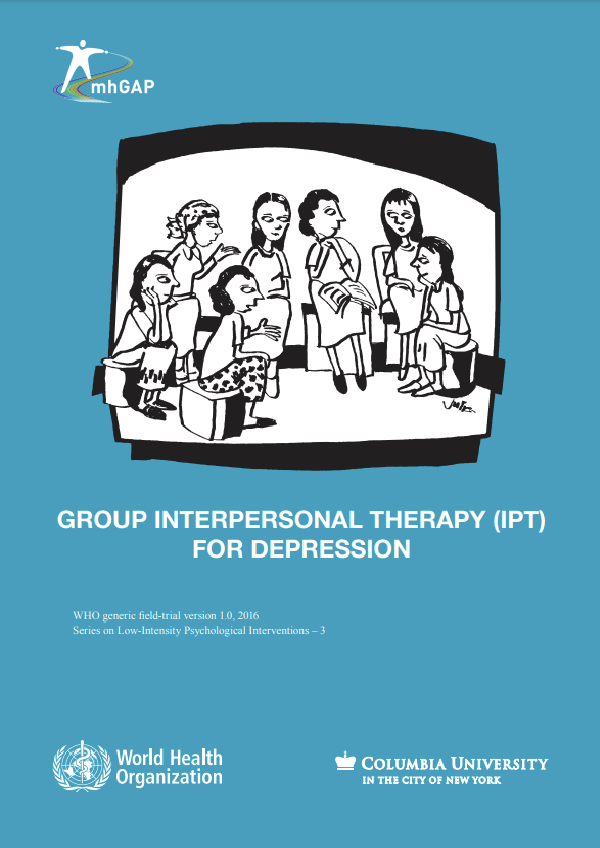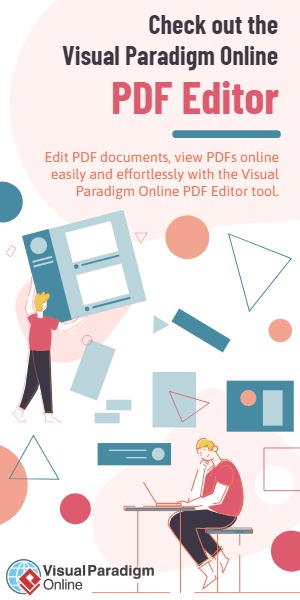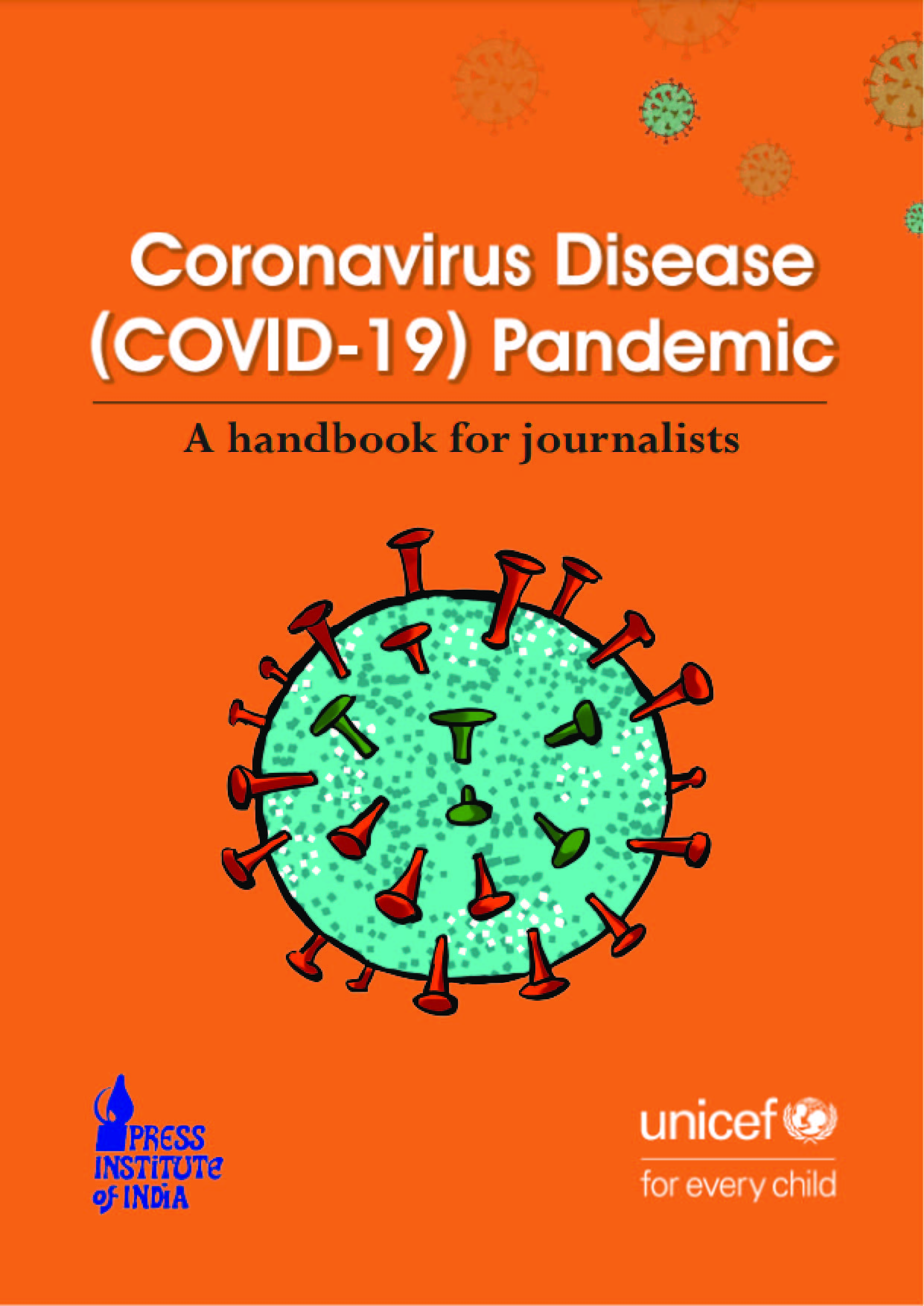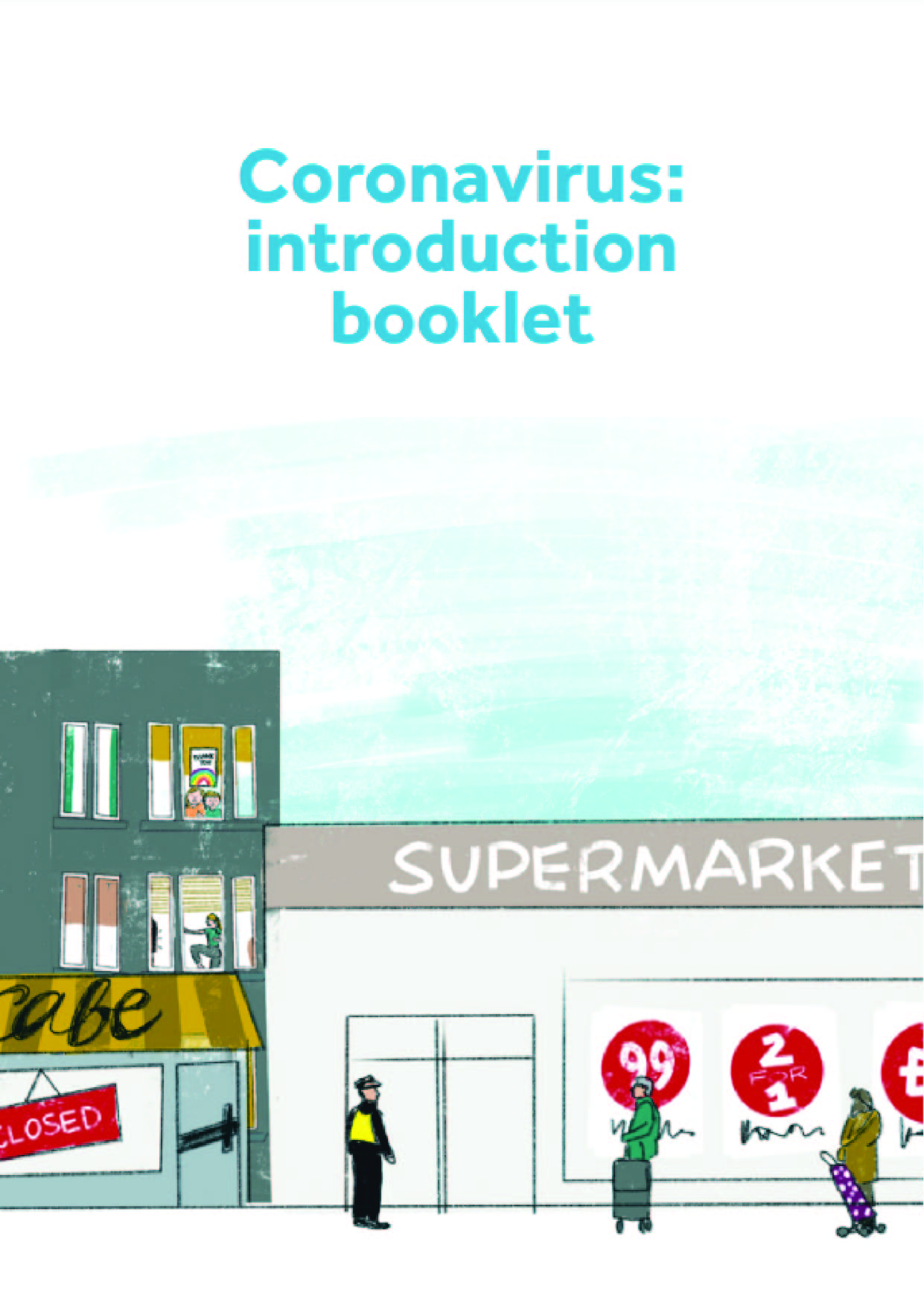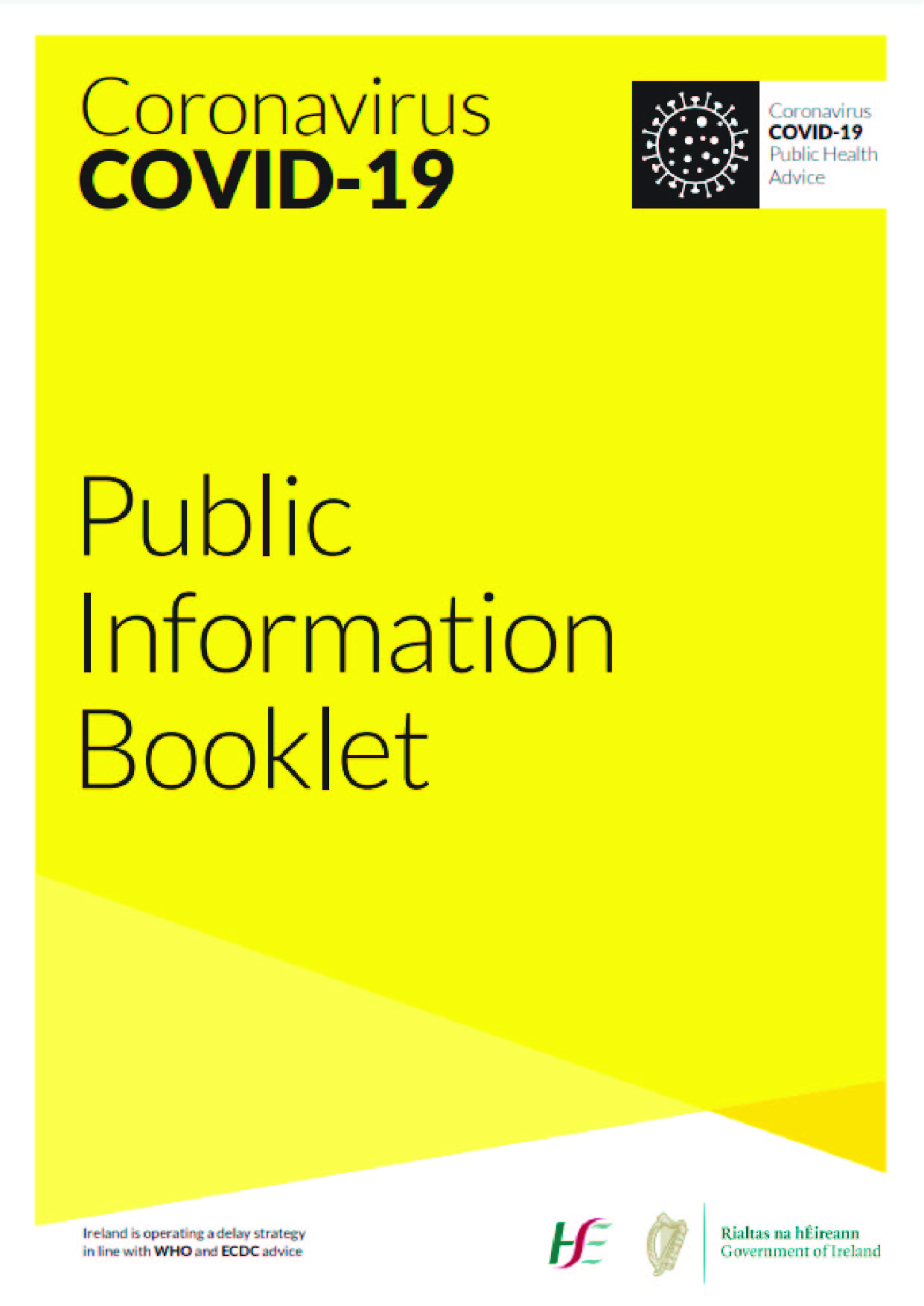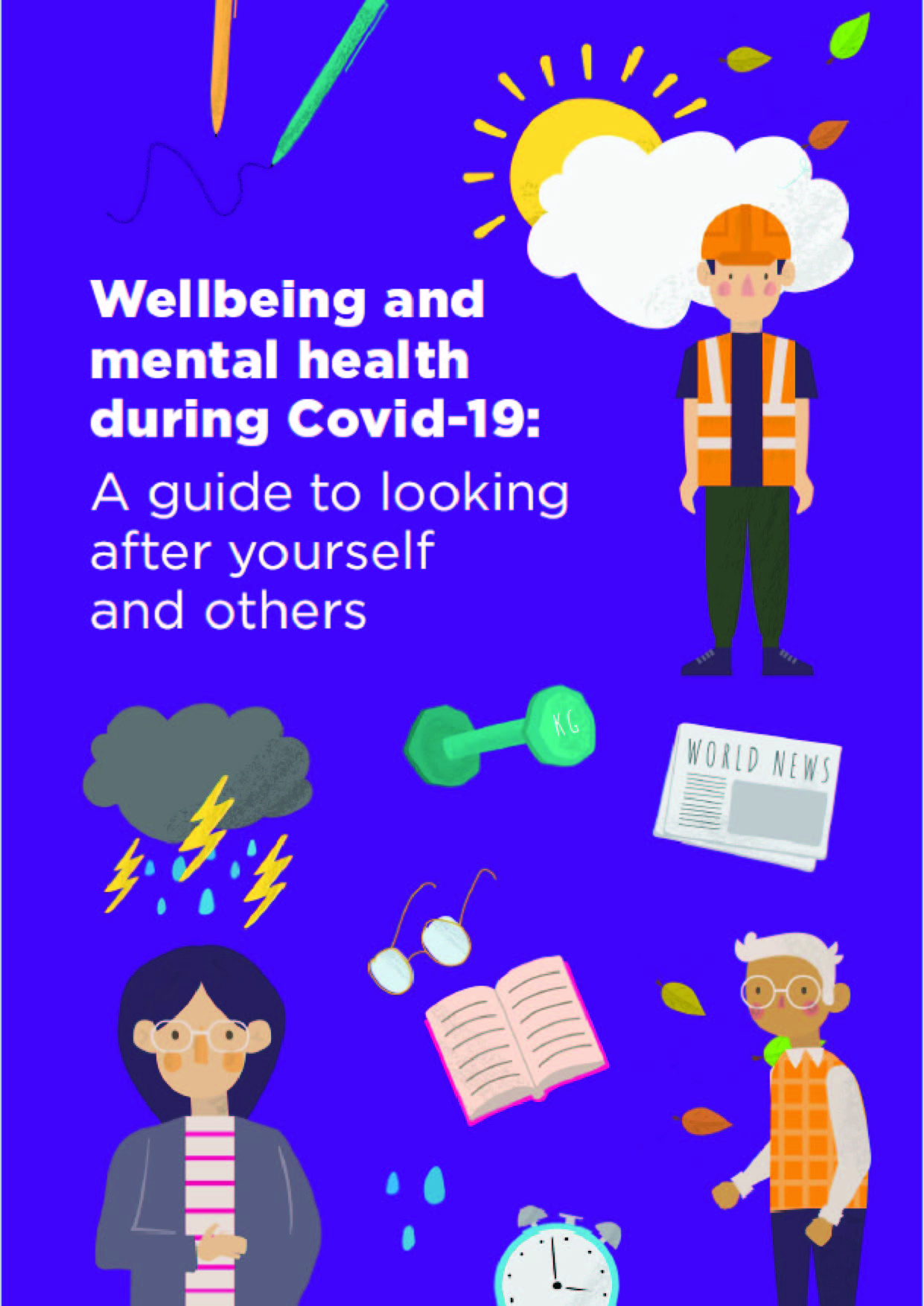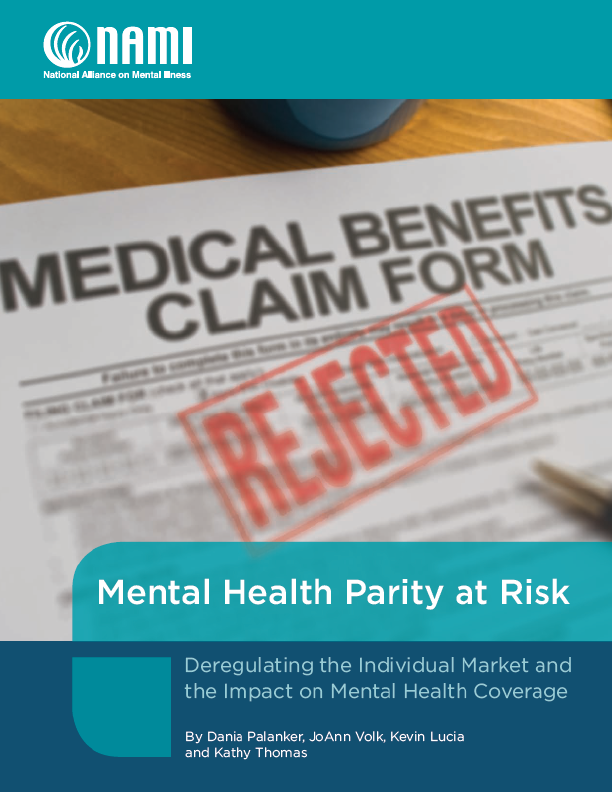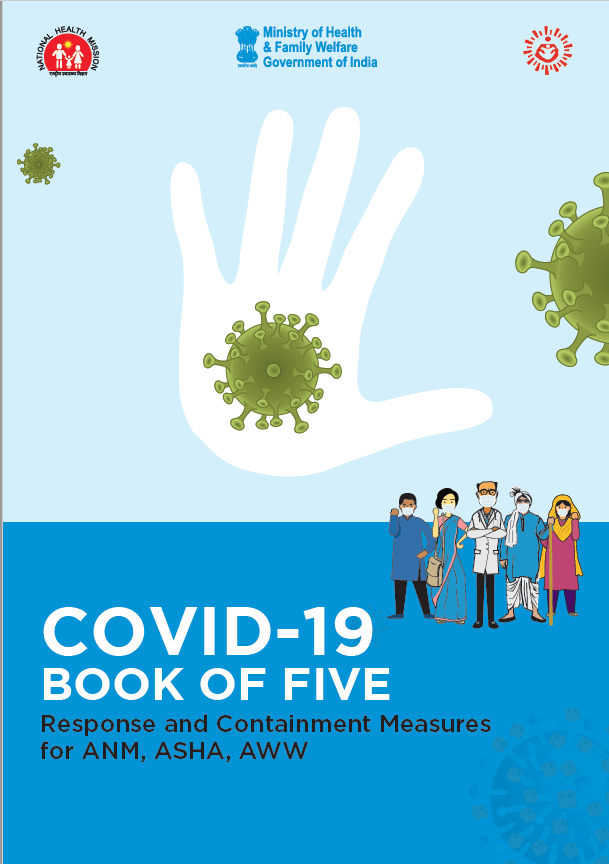Depression is an important health condition. It is the leading cause of disability worldwide, and it can be a cause of suicide. For these reasons, treatment coverage of depression, along with other severe mental disorders, is an indicator to monitor implementation of the World Health Organization (WHO)‘s Comprehensive Mental Health Action Plan 2013–2020 endorsed by the 66th World Health Assembly, consisting of Ministers of Health of 194 WHO Member States. Depression will be the theme of WHO’s World Health Day 2017.
Interpersonal Psychotherapy (IPT) was developed by Dr Gerald L Klerman and Dr Myrna M Weissman in the 1970s for the treatment of depression by mental health specialists. It has been adapted for different disorders and age groups and for diverse community and medical settings around the world. Its effectiveness has been demonstrated in numerous clinical trials in high-, middle- and low-income countries using both group and individual approaches.
This manual modifies IPT for depression for use in 8-session groups and involves a simplified format for facilitators who may not have received previous training in mental health. The current guide uses the term Group Interpersonal Therapy (Group IPT) to aid dissemination and to clarify that IPT may be used by supervised nonspecialists, including in countries where “psychotherapy” is a regulated term. Indeed for WHO, Interpersonal Psychotherapy and Interpersonal Therapy are interchangeable terms that link to one and the same scientific literature. The acronym of both is IPT; they are the same intervention.
The objective of WHO’s mental health Gap Action Programme (mhGAP) is scaling up services for mental, neurological and substance use disorders, especially in low- and middle-income countries. mhGAP focuses on a limited number of conditions, one of which is depression. The mhGAP Intervention Guide includes both pharmacological and non-pharmacological first-line treatment options for depression, including IPT. IPT may be provided at health-care centres by supervised non-specialized staff with dedicated time to deliver the intervention. Where such staff are not available at the centre, non-specialized health-care providers may refer for IPT delivered in community settings, within social services or through specialized mental health care.
We are pleased to release this guide and call upon all relevant agencies to make IPT available to ensure that people with depression around the world have access to this evidence-based treatment.
mhGAP and Interpersonal Therapy (IPT)
This Group Interpersonal Therapy (Group IPT) for depression manual complements the mental health Gap Action Programme Intervention Guide (mhGAP-IG) (WHO, 2016). This mhGAP guide includes guidance on evidencebased interventions to manage a number of priority mental, neurological and substance use conditions, as part of WHO’s mental health Gap Action Programme (mhGAP), which aims to make care for these conditions more widely available.
One of the mhGAP priority conditions is moderate-severe depressive disorder. The mhGAP Intervention Guide recommends psychological interventions for this disorder but does not describe in sufficient detail what these are or how to implement them. The purpose of this manual is to provide detailed instructions on Group IPT, which is one of the first-line mhGAP psychological treatments for this disorder.
In 2015 an independent WHO Guidelines Development Committee agreed on the following recommendation for management of moderate-severe depressive disorder:
As first-line therapy, health-care providers may select psychological treatments (such as behavioural activation, cognitive-behavioural therapy [CBT], and interpersonal psychotherapy [IPT]) or antidepressant medication (such as selective serotonin reuptake inhibitors [SSRIs] and tricyclic antidepressants [TCAs]). They should keep in the mind the possible adverse effects associated with antidepressant medication, the ability to deliver either intervention (in terms of expertise, and/or treatment availability), and individual preferences … Different [psychological] treatment formats for consideration include individual and/or group face-to-face psychological treatments delivered by professionals and supervised lay therapists (WHO, 2015).
Also, WHO (2015) recommends that evidence-based psychological interventions such as IPT and CBT should be the first-line treatment for pregnant and breastfeeding women with moderate-severe depressive disorder and for adults with mild depressive disorder. Antidepressant medication should be avoided where possible for these two groups. It is thus essential that either IPT or CBT is accessible everywhere in the world.
This manual provides guidance on the use of IPT in a group format, which in many contexts may be more feasible than providing IPT on an individual basis. This Group IPT manual also aims to use simple language. In line with this goal, it uses – from here on – the term depression for moderate-severe depressive disorder. The manual describes practical group and individual exercises to help people understand the problems that contribute to their depression and to find ways to manage them more effectively.
